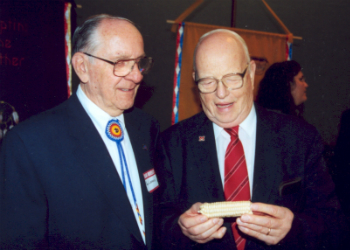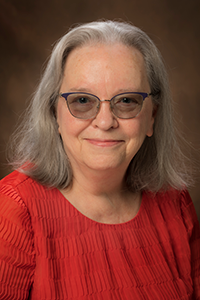Contact Us
501 E. High Street
Oxford, OH 45056
- Campus Map
- Directions
- Online: Miami Online
- Main Operator 513-529-1809
- Office of Admission 513-529-2531
- Vine Hotline 513-529-6400
- Emergency Info https://miamioh.edu/emergency
1601 University Blvd.
Hamilton, OH 45011
- Campus Map
- Directions
- Online: Miami Online
- Main Operator 513-785-3000
- Office of Admission 513-785-3111
- Campus Status Line 513-785-3077
- Emergency Info https://miamioh.edu/regionals/emergency
4200 N. University Blvd.
Middletown, OH 45042
- Campus Map
- Directions
- Online: Miami Online
- Main Operator 513-727-3200
- Office of Admission 513-727-3216
- Campus Status 513-727-3477
- Emergency Info https://miamioh.edu/regionals/emergency
7847 VOA Park Dr.
(Corner of VOA Park Dr. and Cox Rd.)
West Chester, OH 45069
- Main Operator 513-895-8862
- From Middletown 513-217-8862
- Emergency Info https://miamioh.edu/regionals/emergency
Chateau de Differdange
1, Impasse du Chateau, L-4524 Differdange
Grand Duchy of Luxembourg
- Main Operator 011-352-582222-1
- Email luxembourg@MiamiOH.edu
- Website https://miamioh.edu/luxembourg
217-222 MacMillan Hall
501 E. Spring St.
Oxford, OH 45056, USA
- Main Operator 513-529-8600
- Emergency Info https://miamioh.edu/emergency
Mosler Hall 316
1601 University Blvd.
Hamilton, OH 45011
- Online: Miami Online Website
- Main Operator 513-217-4003
- Regionals Office of Admission 513-785-3111
- Graduate Admission 513-529-4723
 Floyd Leonard (Chief of the Miami Tribe, 1974–1982 and 1989–2008) spent his professional career in K-12 education. He had an intense commitment to educating young people, especially Myaamia youth. This commitment to education fueled his interest in the University and helped deepen the connection that started there with Chief Olds.
Floyd Leonard (Chief of the Miami Tribe, 1974–1982 and 1989–2008) spent his professional career in K-12 education. He had an intense commitment to educating young people, especially Myaamia youth. This commitment to education fueled his interest in the University and helped deepen the connection that started there with Chief Olds. Sandra Garner is a past Heanon Wilkins fellow at Miami University (2010-2012), a recipient of the National Endowment of the Humanities Summer Stipend Award (2013), was an Altman Scholar in "Globalization and Belonging" (2013-2014) and a Chief Floyd Leonard Faculy Fellow (2021-2022).
Sandra Garner is a past Heanon Wilkins fellow at Miami University (2010-2012), a recipient of the National Endowment of the Humanities Summer Stipend Award (2013), was an Altman Scholar in "Globalization and Belonging" (2013-2014) and a Chief Floyd Leonard Faculy Fellow (2021-2022).